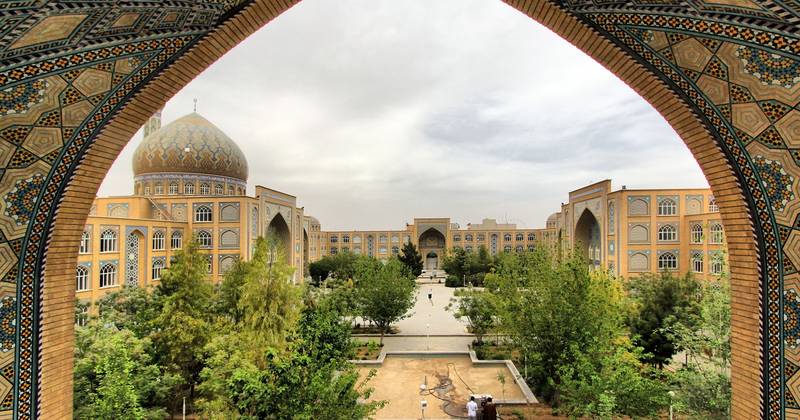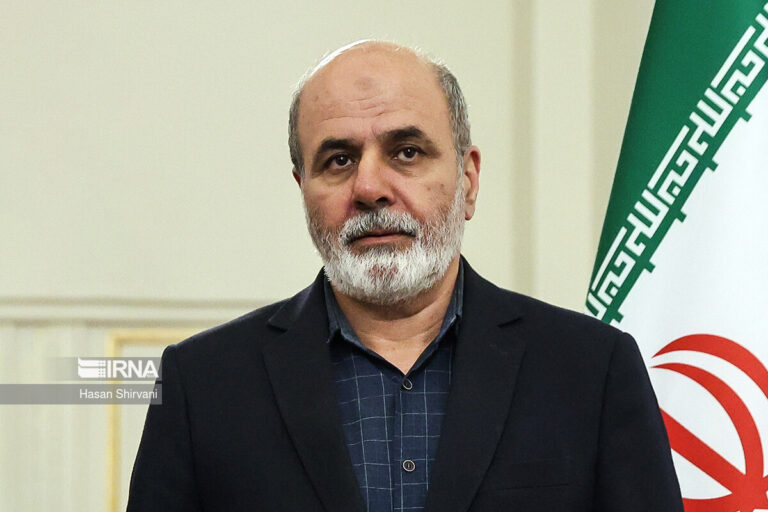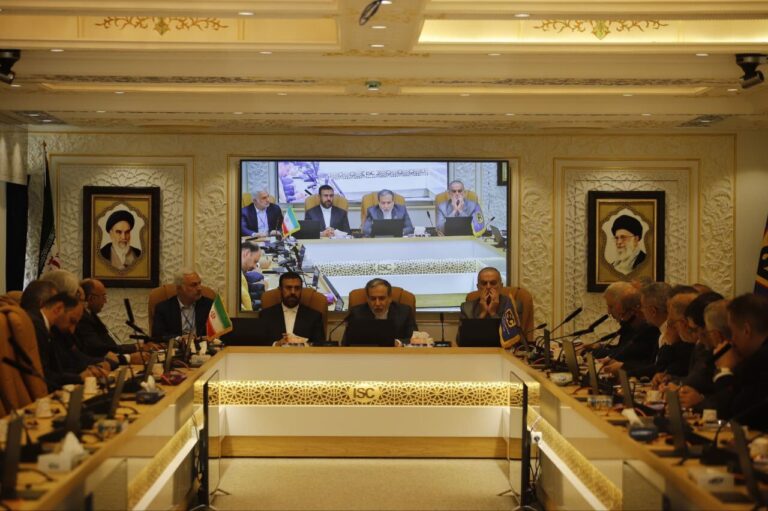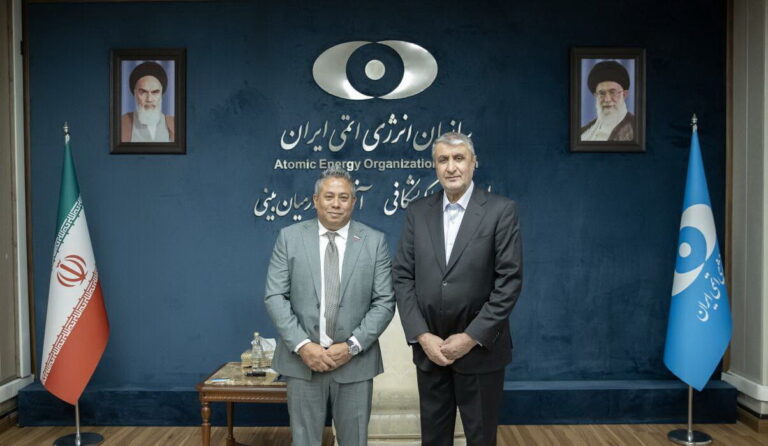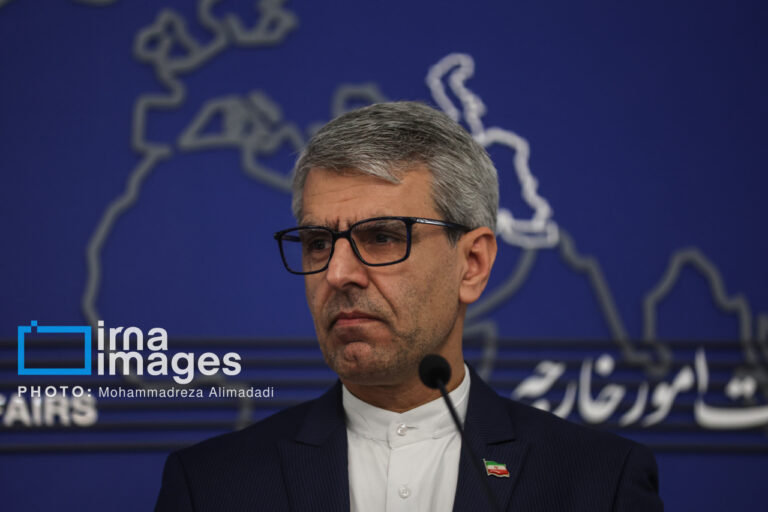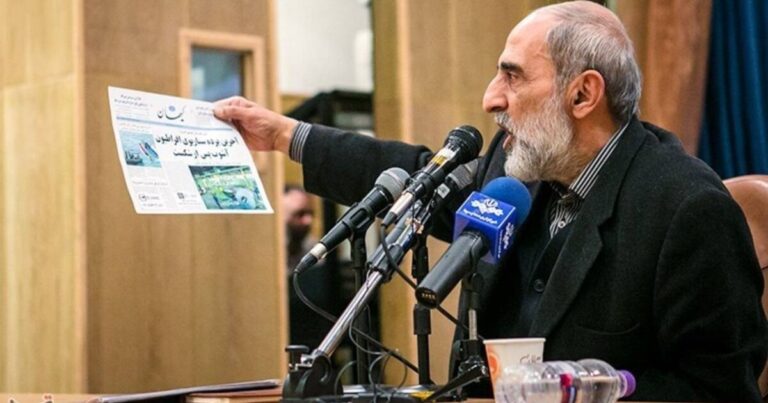On Its 100th Anniversary, Khamenei Declares Qom Seminary as the Future of Modern Islam
On Wednesday, Iran’s Supreme Leader, Ali Khamenei, celebrated the significant milestone of the 100th anniversary of the Qom seminary’s reestablishment. This momentous occasion was marked by a call for the institution to emerge as a pivotal force in the evolution of Islam in today’s modern world. The Qom seminary, a vital hub of Shiite scholarship, has been instrumental in shaping Iran’s religious and political landscape, particularly since the 1979 Islamic Revolution.
In a written message delivered during an international conference commemorating this centenary, Khamenei stressed the essential role of the seminary in not only upholding its core religious mission but also adapting to address contemporary social and intellectual challenges. He stated, “The most important mission of the seminary is ‘Balagh Mubin’ (clear and eloquent communication).” This underscores the seminary’s responsibility to articulate the foundational and peripheral aspects of what he describes as the new Islamic civilization.
Khamenei’s address reflects a significant shift in perspective among Iran’s clerical leadership—one that seeks to reposition religious institutions as not merely custodians of tradition, but as proactive architects of a modern Islamic civilization. The Qom seminary, revitalized in 1922 by Grand Ayatollah Abdol-Karim Haeri Yazdi, has been at the forefront of this initiative.
Here are the key points highlighted by Khamenei regarding the future of the Qom seminary:
- Clear Communication: The seminary must focus on ‘Balagh Mubin’ to effectively convey Islamic values.
- Modern Islamic Civilization: It should outline the essential elements of a new Islamic civilization.
- Adaptation: The institution must evolve to meet the changing social and intellectual demands of society.
- Innovative Approach: Khamenei called for a seminary that is innovative and dynamic.
- Addressing Emerging Issues: The seminary should be equipped to tackle contemporary challenges.
- Morally Refined: A focus on moral integrity is crucial for the institution’s evolution.
- Progressive Identity: The seminary must maintain a revolutionary identity while promoting progress.
- Governance Design: It should be capable of designing effective governance systems.
As the Qom seminary approaches its second century, there is a clear expectation for it to play a leading role in integrating traditional Islamic teachings with modern societal needs. This vision aligns with Khamenei’s broader aspirations for Iran’s clerical establishment, aiming not only to preserve religious heritage but also to actively participate in shaping a contemporary Islamic identity.
In conclusion, the centenary of the Qom seminary serves as a reminder of the institution’s enduring influence on both religious and political life in Iran. As articulated by Khamenei, the need for an innovative and responsive seminary is more critical than ever. This approach signifies a turning point where religious institutions can become vibrant contributors to the discourse on modern Islamic civilization, thereby addressing the complexities of today’s world.
As the Qom seminary continues its journey into the future, it stands at the crossroads of tradition and modernity, tasked with the formidable challenge of guiding the next generation of Islamic scholars and leaders. The message from Iran’s Supreme Leader encapsulates the aspirations for the seminary to not only preserve its rich history but to also embrace the responsibilities that come with being a key player in the ongoing evolution of Islam.
